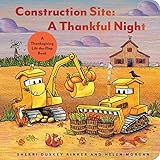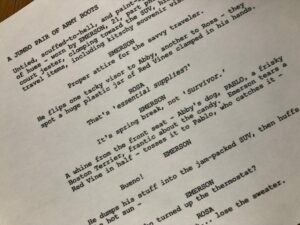“Unlocking the Secrets of Creative Flow: Write Brilliantly Without a Memory!”
Writing is a journey, but what if your brain takes a side trip every five minutes? If you’re an ADHD author, this might feel like your everyday reality! You’ve probably encountered that delightful all-too-familiar struggle of juggling a million ideas while trying to pin just one down. How on earth can you focus on that unfinished manuscript when you keep getting distracted by the next shiny concept? In this article, we’ll dive into the unique challenges faced by authors like us who thrive on creativity but often find themselves derailed by their own minds. Together, we’ll explore how to embrace our neurodivergence, confront the hurdles we face, and craft those dazzling story ideas into something more than fleeting thoughts. So, are you ready to transform the chaos into creativity? Let’s get started! LEARN MORE.
Looking at you, ADHD authors
I recently published an article about issues specific to writers with Attention Deficit Hyperactive Disorder, (ADHD), and its response confirmed something I always suspected.
Medium is packed with neurodivergent writers, (myself included.)
I was hardly surprised. This is a platform that encourages people to explore their interests, write about whatever random topic has their attention that day, and make articles as long or short as they like. In other words, it’s the perfect place for a person with scattered attention.
It also signaled to me that many people want to work with, not despite, their neurodivergence.
But what about those of us who dream of writing books? Our tendency to get derailed by research or thrown by a random new hyperfixation can stop our literary dreams cold. Even more of us get a myriad of ideas only to abandon them because, erm, wait, what are we supposed to do with all these fabulous story ideas?
Let’s get into the roadblock that we ADHD writers face and how to work with it, not against it.
The issue is working memory
Or rather, a lack of working memory.
According to La Concierge Psychologist, “Working memory allows people to retain, recall, and process information in the short term. It is a complex process that takes place in the brain’s frontal cortex. Thanks to working memory, a person can hold a piece of information — or several pieces of information — in their mind while simultaneously applying that information to a task or problem.”
Essentially, it’s an understanding of how to get from point A to point B.
People who know what they want to do for a career and see a clear plan to get there have great working memories. Anyone who can long division in their head or navigate to a new place with no help from a map also has a solid working memory. Writers who can plot out not just a book but an entire career writing and selling novels also have it.
If you have ADHD you likely get that feeling of, “Whoa, how’d they do that?” when you see someone who’s developed a full writing career.


















